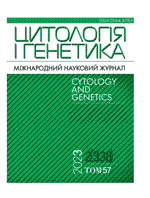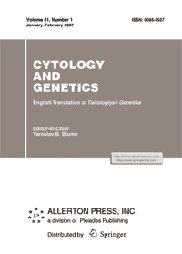Both hereditary and sporadic breast cancers may develop through dysregulation of self-renewal pathways of normal mammary stem cells. Networks of proto-oncogenes and tumor suppressors that control cancer cell proliferation also regulate stem cell self-renewal and possibly stem cell aging. Breast cancer susceptibility gene (BRCA1) is a nuclear phosphoprotein expressed in many nuclear processes, including stem cell regulator, DNA damage repair, recombination, transcription, ubiquitination, cell cycle checkpoint enforcement, and centrosome regulation. In this study, we report on recent advances on the functions of embryonic, fetal, and adult stem cell progenitors for hereditary breast cancer therapies. Several molecular targeting therapies are described by activation and blocking distinct developmental signaling cascade elements, such as BRCA1, EGFR, hedgehog, Wnt/b-catenin, and/or Notch pathways, which are frequently upregulated in cancer progenitor cells during the initiation and development of breast cancer.
Keywords:

